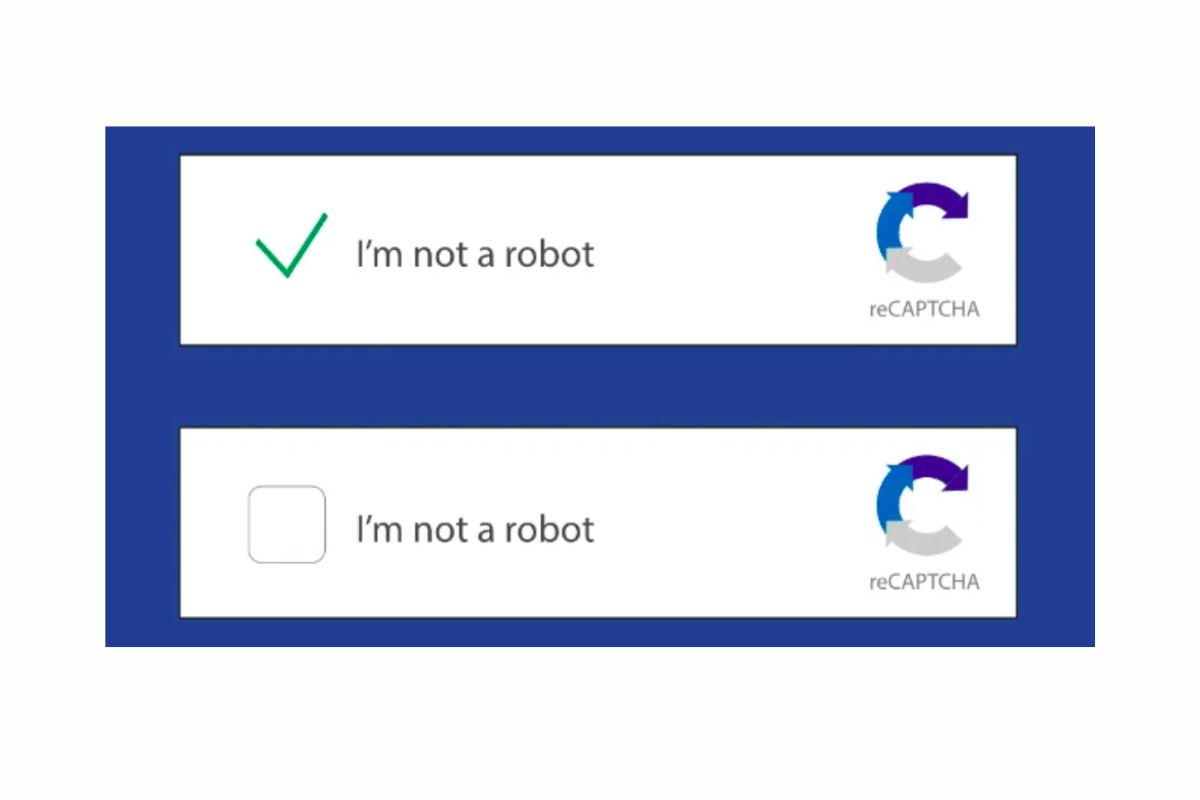
Cybercriminals are now weaponizing one of the internet’s most familiar security tools — the CAPTCHA. Security researchers have warned that attackers are deploying fake CAPTCHA pages disguised as human verification tests to trick users into installing malware such as the Lumma Stealer.
CAPTCHA (Completely Automated Public Turing test to tell Computers and Humans Apart) was designed to block automated bots by asking users to solve simple tasks like identifying distorted text, selecting images, or ticking a checkbox.
Attackers are now exploiting this trust by creating phishing sites hosted on content delivery networks that mimic Google’s CAPTCHA interface. Instead of validating users, these counterfeit CAPTCHAs prompt them to perform unusual actions — such as opening the Windows Run dialog, pasting commands, or downloading files.
Once executed, these actions deliver malware payloads. One of the most common is Lumma Stealer, which infects Windows systems to harvest login credentials, personal details, and financial information.
Experts warn that these scams are spreading via compromised websites, phishing emails, and malicious ads. Some fake CAPTCHAs even trick users into enabling browser notifications, which are later abused to deliver malicious ads.
Cyber experts highlight a few red flags:
* Fake CAPTCHAs often appear as pop-ups rather than being seamlessly embedded in a trusted site.
* They may request unusual actions unrelated to verification, like granting notification access.
* Suspicious or misspelled domains often host these phishing pages.
If you encounter a suspicious CAPTCHA page:
1. Exit the site immediately and disconnect from the internet.
2. Run a full antivirus scan and delete any unexpected downloads.
3. Change important account passwords from a secure device.
Zakir Hussain Rangwala, CEO of BD Software Distribution Pvt Ltd, noted that industries like e-commerce and gaming are particularly vulnerable to such scams. Similarly, cyber expert Deependra Singh of Betul Police (Madhya Pradesh) emphasized the importance of vigilance, as one careless click could expose users to serious financial and privacy risks.